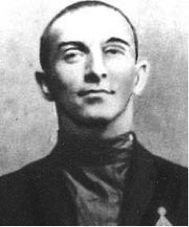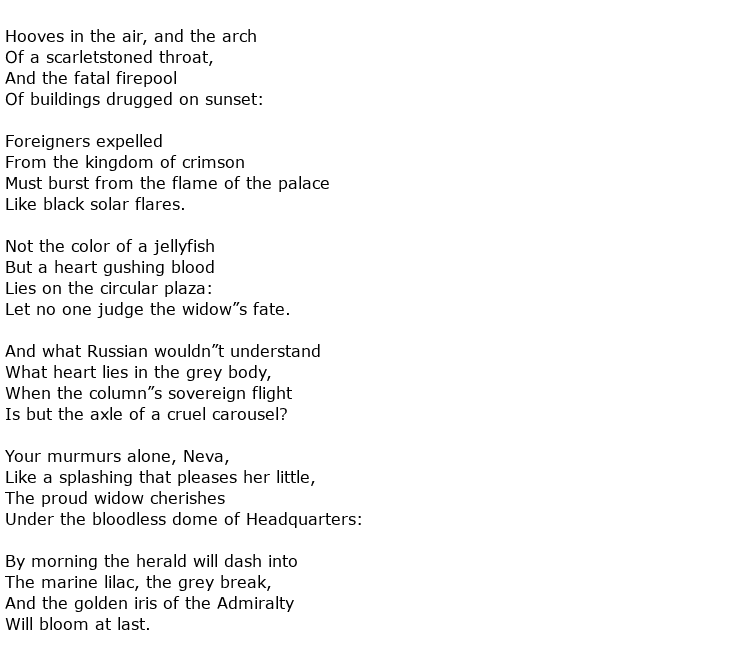 Benedikt Livshits was a Russian Jewish poet and translator of French literature. He was one of the many writers of that time who belonged to an era that became known, much later, as the Silver Age of Russian literature. This was generally believed to be the period covering the last decade of the 19th and the first three decades of the 20th century. It followed the Golden Age which had occurred a century earlier. In Western European countries the equivalent of the Silver Age would have been referred to as Fin de siècle or Belle Époque.
Benedikt Livshits was a Russian Jewish poet and translator of French literature. He was one of the many writers of that time who belonged to an era that became known, much later, as the Silver Age of Russian literature. This was generally believed to be the period covering the last decade of the 19th and the first three decades of the 20th century. It followed the Golden Age which had occurred a century earlier. In Western European countries the equivalent of the Silver Age would have been referred to as Fin de siècle or Belle Époque.
He was born Benedikt Konstantinovich Livshits on the 24th December 1886 in Odessa. His family were assimilated Jews and he was very well educated, studying law at the Novorossiya University and then at Kiev University. He graduated in 1912 but, before he had a chance to use his qualifications, he was swept up by the mass conscription of young men into the Russian army. He served during the terrible First World War as an infantry soldier and distinguished himself by winning the Cross of St George.
Before all of this though he had started writing poetry while at Kiev and his first efforts were published in 1909 in the Anthology of Modern Poetry. During the following year he worked on a Symbolist Arts magazine called Apollon. He and other students such as Aleksandra Ekster and Vladimir Mayakovsky joined an artistic and social movement Futurist group called Hylaea, although it was referred to in Russian as Gilea. Over twenty years later Livshits published what has been acknowledged to be one of the best histories of Russian Futurism. Published in 1933, The One and half-eyed Strelets, was essentially a book of his memoirs.
He had a passion for French literature and, in 1934, he produced a major work of translations into Russian called From Romantics to Surrealism. He would not be allowed to develop his art much further though. Tragically, the Soviet Union was entering another terrible era of purges and civil unrest and he was arrested in 1937, accused of being an “enemy of the people”. This was during a two-year period known as the Russian Great Purge where millions of citizens were arrested for expressing political views at odds with the Soviet authorities or, in many cases, for simply being “dissident” in their character.
Artists and writers were particularly targeted as being a danger to the State and its people. Livshits, and many others, had his books destroyed and there is no doubt that a dim view would have been taken on poems such as Palace Square, which is reproduced here. The language and imagery used in the poem would have been seen as a direct attack on the Soviet rulers and military, describing vividly the consequences of civil disturbances in a typical town square:

Often without trial, many dissidents were sent to prison camps in the Gulags where they endured terrible conditions and either died there, or shortly after being released. Many though suffered an even worse fate. Livshits was one of the estimated one and a half million who were summarily executed for their “crimes”. He was shot on the 21st September 1938. As was typical of those times this was covered up and his medical records were falsified to say that he died of heart failure on the 15th May 1939. He was 51 years old.

